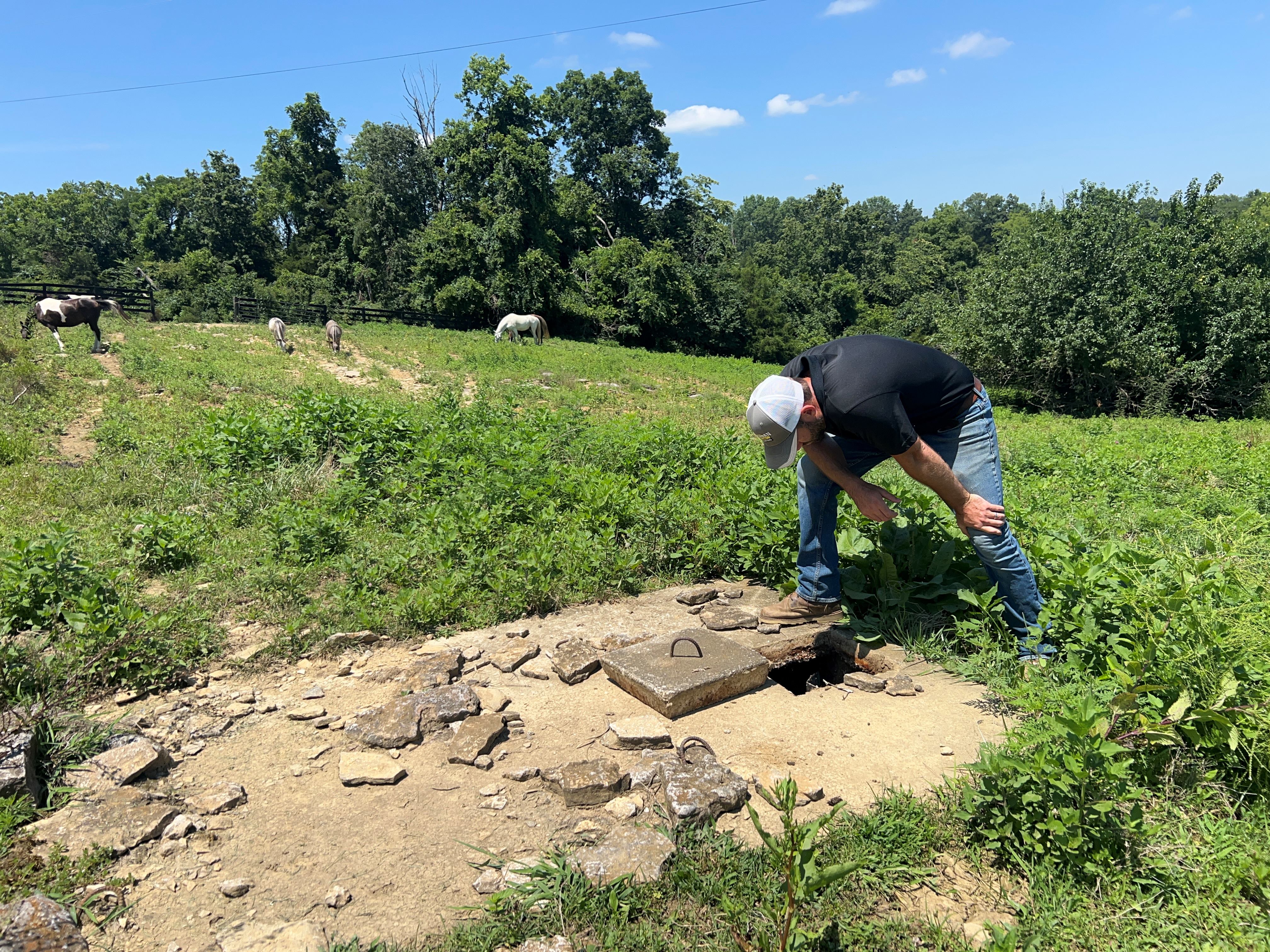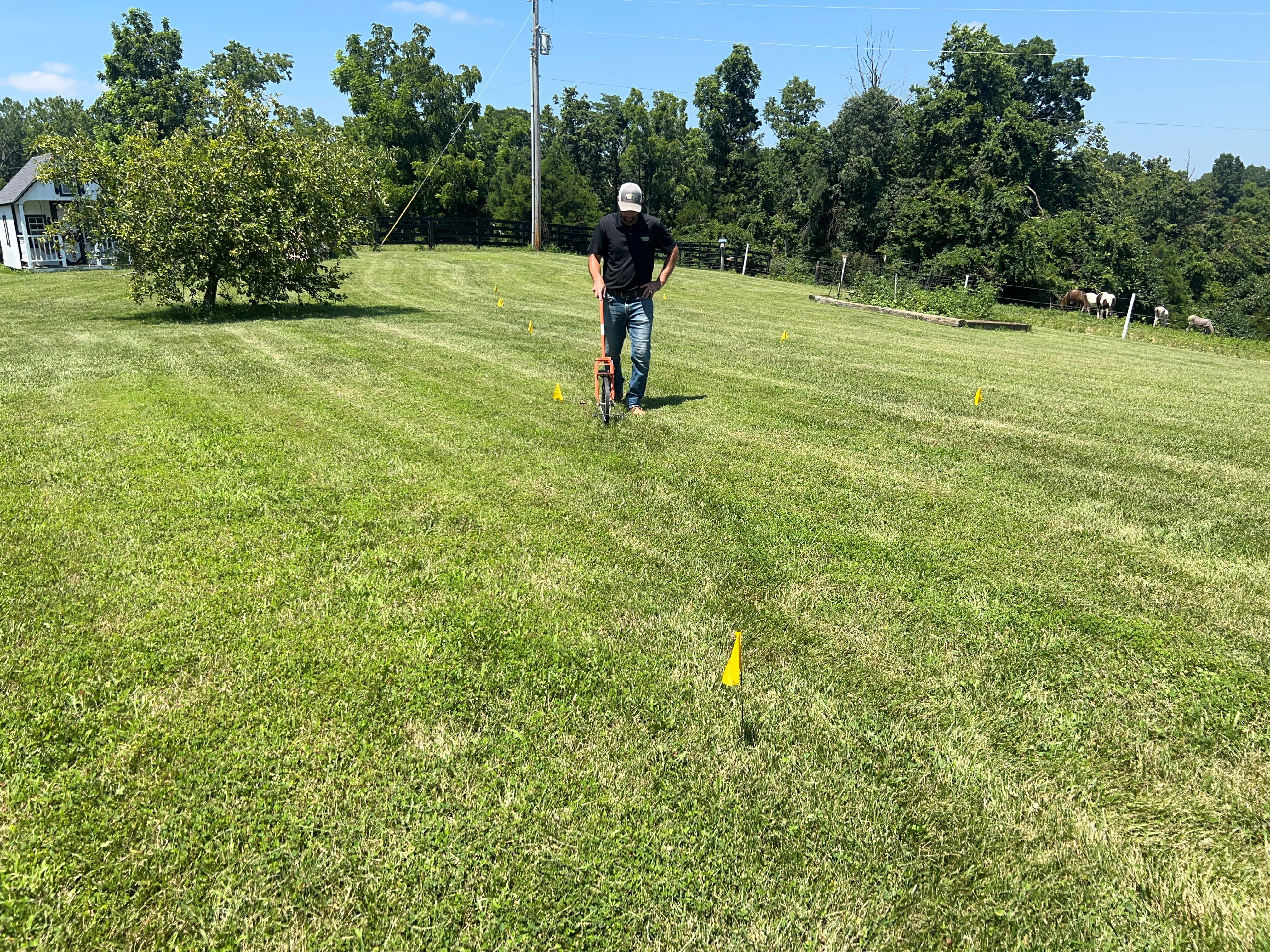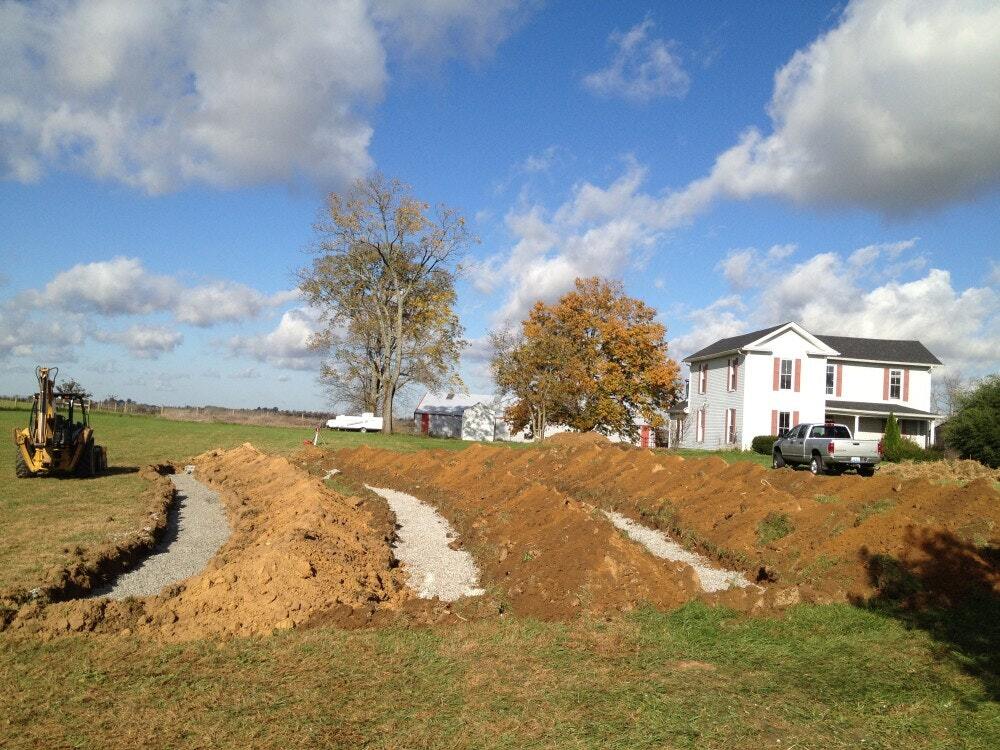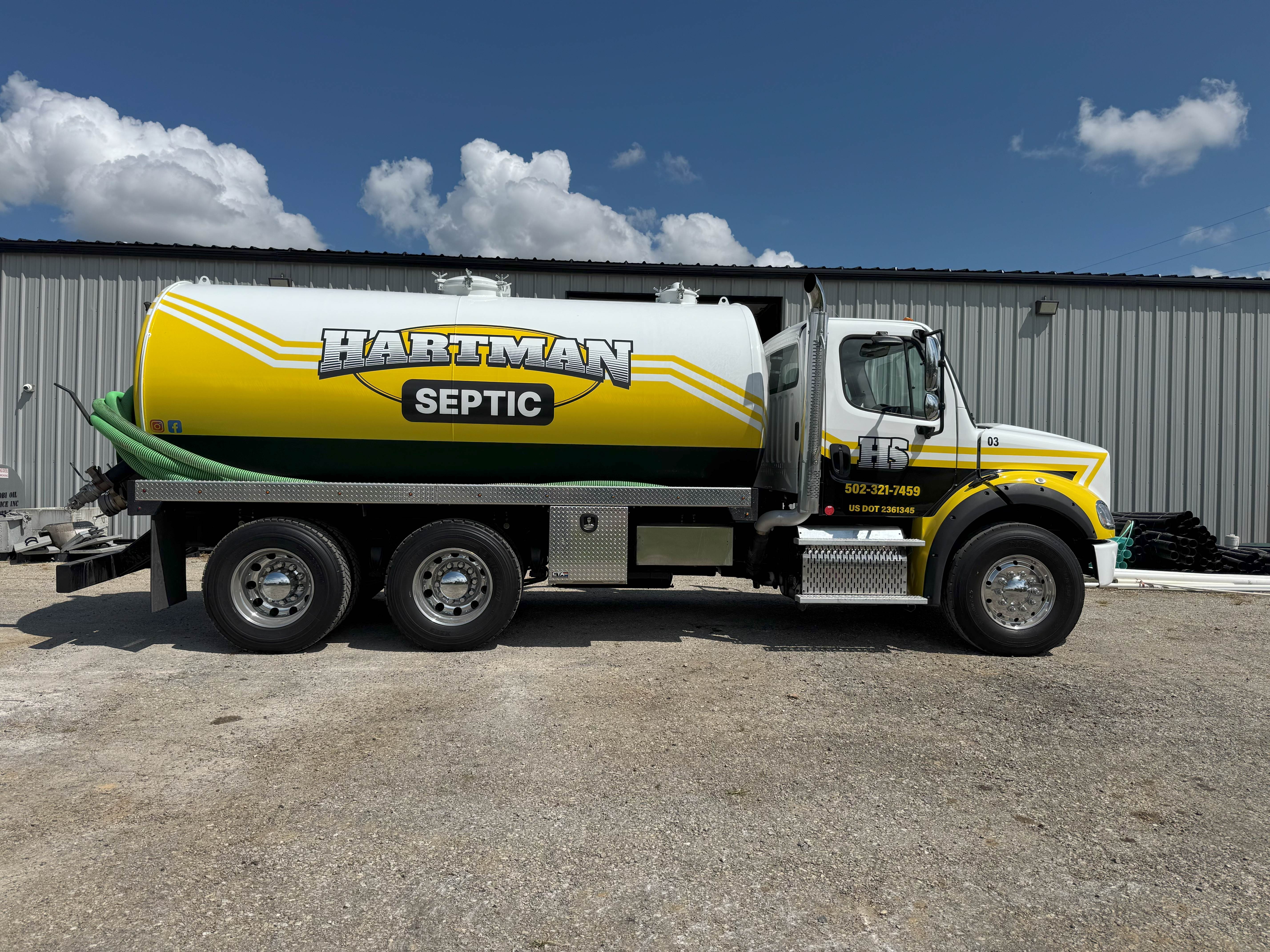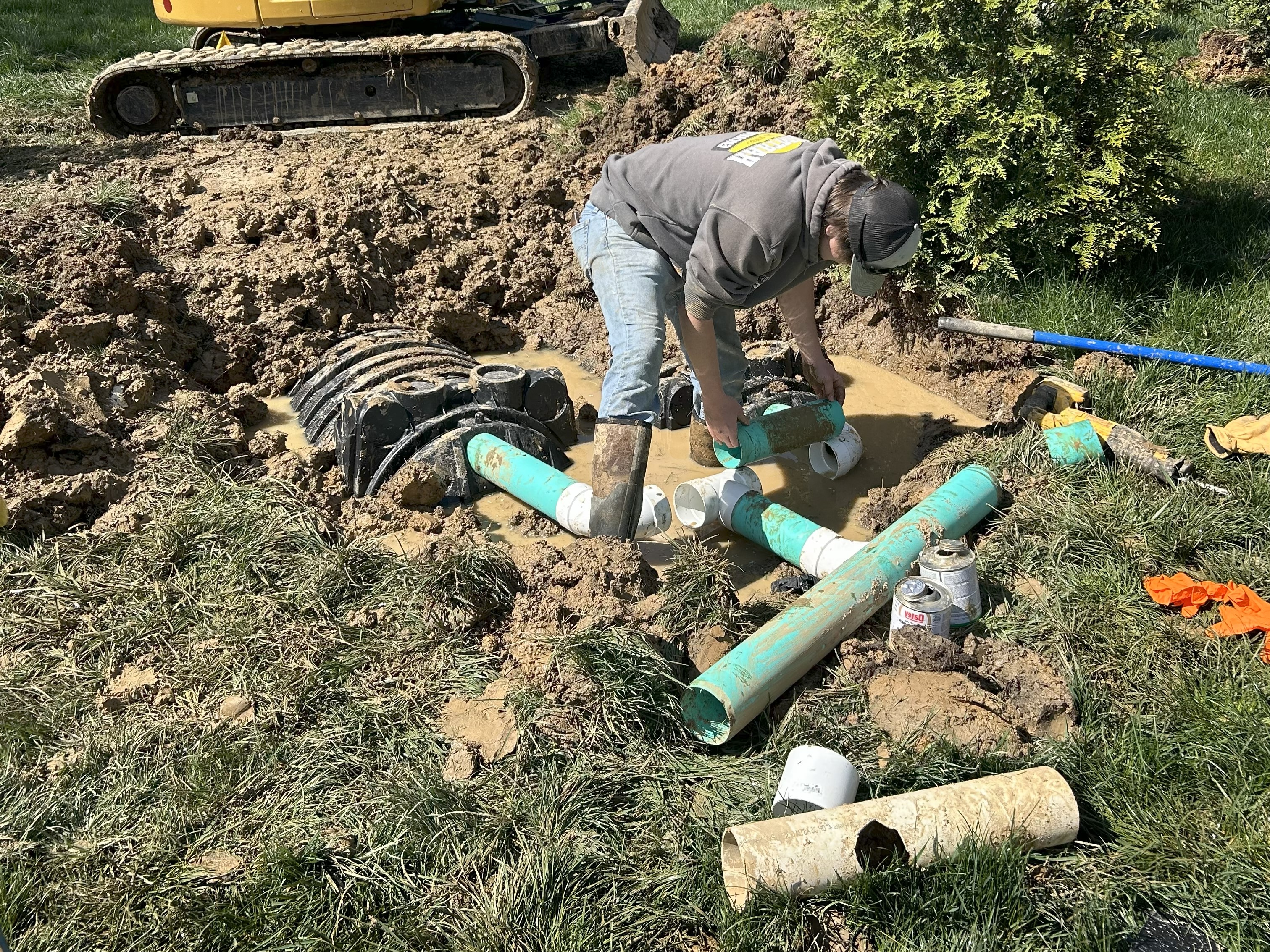
Residential and Commercial Septic Repairs
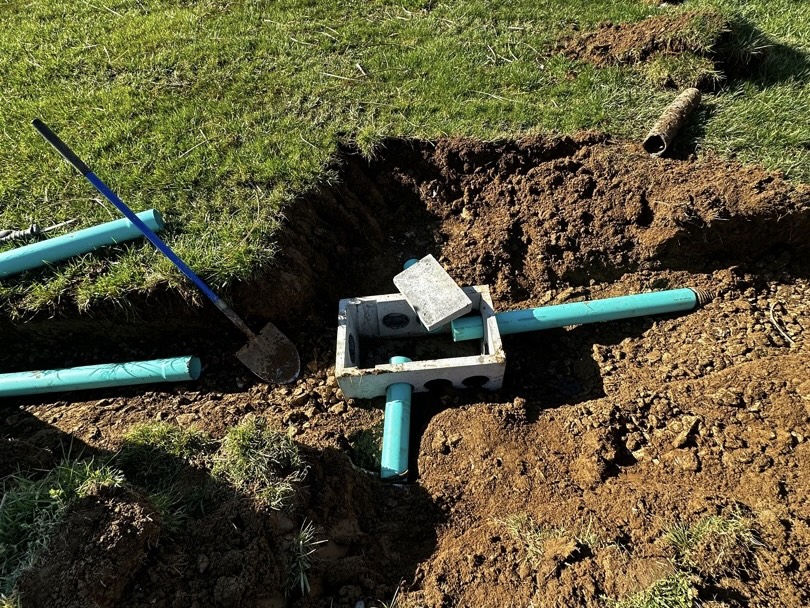
When your septic system isn’t working properly, reliable repairs are essential to prevent further damage and restore full functionality. At Hartman Septic, we specialize in diagnosing and repairing all system types, from residential and commercial to conventional and advanced. We provide reliable, long term solutions you can trust!
As Kentucky’s first Master Septic Installer, we bring a level of expertise and knowledge that sets us apart in the industry. Often consulted upon by other local installers and industry leaders, we are known for finding and identifying the root cause of the system's issue, no matter how tricky the situation! Our comprehensive diagnostic process ensures that we address the situation correctly.
We repair all system types, including:
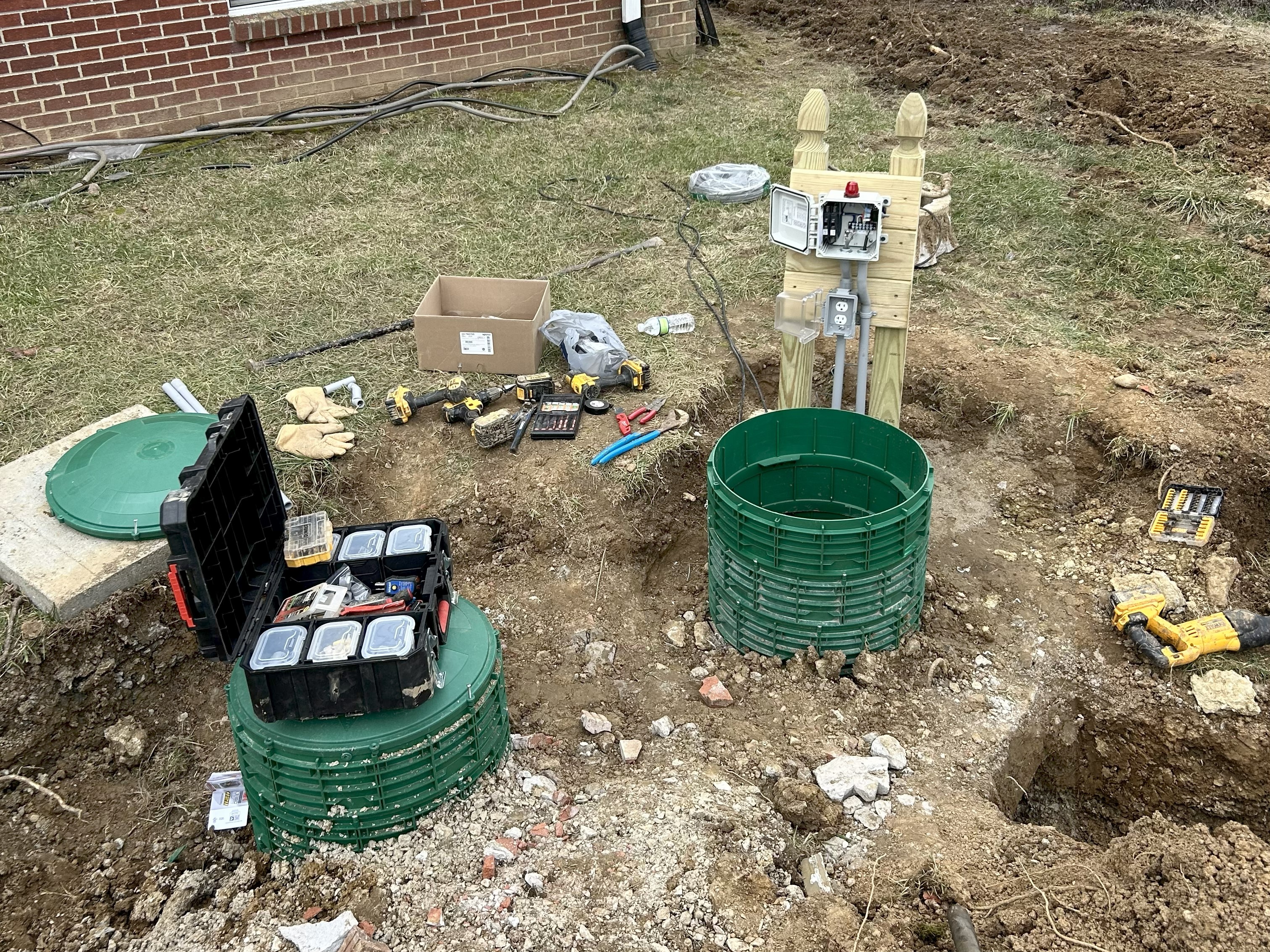
Our septic repair services include:
Septic Repairs That Stand the Test of Time
Every repair is approached with attention to detail, compliance with local health regulations, and a commitment to lasting performance. Whether you're facing an urgent issue or a long-standing problem, we’ll provide clear communication, expert recommendations, and quality workmanship from start to finish.
Start Your Project Today!
Explore our other services
We provide septic services for both commercial and residential projects.
How often should I get my septic tank pumped?
Most septic tanks should be pumped every 3 to 5 years, depending on the tank size and number of people living in the home. Larger households or smaller tanks may need more frequent service. Regular pumping prevents buildup of solids that can overflow into the drain field and cause system failure.
Tip: Don’t wait for signs of trouble! Routine maintenance is much cheaper than system repairs or replacements.
What are signs that my septic system is failing?
Common warning signs include:
- Slow draining sinks or toilets
- Gurgling sounds in your plumbing
- Strong odors in the yard or around drains
- Excessive, Lush, dark green grass over the drain field
- Standing water or soggy areas in your yard
If you notice any of these, it’s important to have your system inspected immediately to avoid costly damage.
The grass over my lateral lines is brown, what does that mean?
Brown or dry grass over your lateral lines is usually a good sign! It means your drain field is doing its job, filtering wastewater underground without oversaturating the soil above. A healthy drain field is designed to disperse water slowly and evenly, not keep the surface wet.
But when you notice brown grass with any of the following, it may be time to schedule an inspection:
- You have slow draining sinks, gurgling toilets, or backups happening in your home
- You see standing water in other areas of your septic system
- There is green grass over some lateral lines but not others
I see water around my lateral lines. What does this mean?
Standing water or soggy ground around your lateral lines is a red flag that your system may be failing. This usually means the drain field is no longer able to absorb and filter wastewater properly. Common causes include:
- System overload from too much water use
- Clogged or damaged lateral lines
- A full or unpumped septic tank
- Poor soil absorption or compacted soil
Take action quickly! Continued use of a failing system can lead to contamination, bad odors, and costly repairs. Give us a call for a septic consultation!

.JPG)
.jpg)
